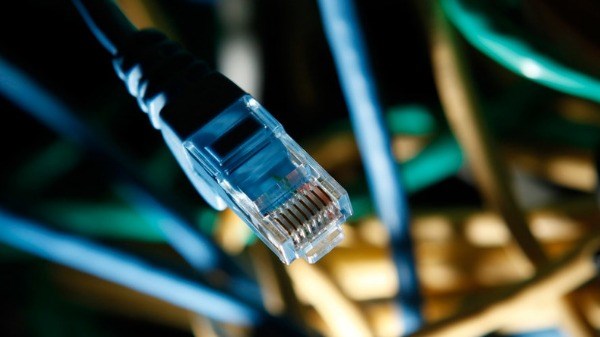Russia fines Google $98 million
The Russian authorities continue the campaign of pressure on foreign Internet companies amid plans to move to a "sovereign internet" with censorship and control over internet traffic.
On Friday, December 24, the Moscow Tagansky District court imposed a fine of 7.2 billion rubles ($98 million) on Google for not deleting content prohibited in Russia.
"By the decision of the judge of the Tagansky judicial district N422 of Moscow, Google LLC was found guilty of committing an administrative offense," Interfax quoted the court’s decision.
The fine was the largest in history for IT companies operating in Russia and the first penalty under the law adopted last year.
The amount of the fine was calculated by the judge based on Google's annual revenue, provided by the Russian media watchdog, Roskomnadzor, a source familiar with the situation told Interfax. According to Russian online business registry SPARK, the revenue of Google LLC in 2020 amounted to 85 billion rubles ($1.15 billion), and net profit - 1.73 billion rubles ($23 million).
Facebook may be the next in line to receive a multi-billion-dollar fine from the Russian authorities. Facebook’s representatives were summoned to Roskomnadzor on October 4 to draw up an administrative protocol for repeated violations of the procedure for restricting access to materials containing prohibited information (part 5 of Article 13.41 of the Administrative Code of the Russian Federation).
Such an offense involves an administrative fine, which can range from 1/20 to 1/10 of the company's annual turnover. Experts estimate Facebook’s revenue in Russia to be in the range of 12 billion rubles ($160 million).
At the end of November, Google and Facebook were included in the list of 13 companies that are required to comply with Russian internet regulations under the threat of complete blocking. The list also includes Apple Distribution, Twitter, TikTok, Telegram, Zoom, Viber, Spotify, Likeme Pte. ltd (Likee), Discord, Pinterest and Twitch.
All of them are required to open branches in Russia starting January 1, 2022, and "restrict access to information that violates Russian legislation"; establish an audience counter recommended by the Russian government; register a personal account on the Roskomnadzor website and provide an electronic feedback form for Russian users.
In case of violation, the Russian law allows to impose a ban on advertising, limit the ability to receive and send payments, block search indexing and cross-border transfer of personal data. In extreme cases, the violator’s website can be partially or complete blocked.
